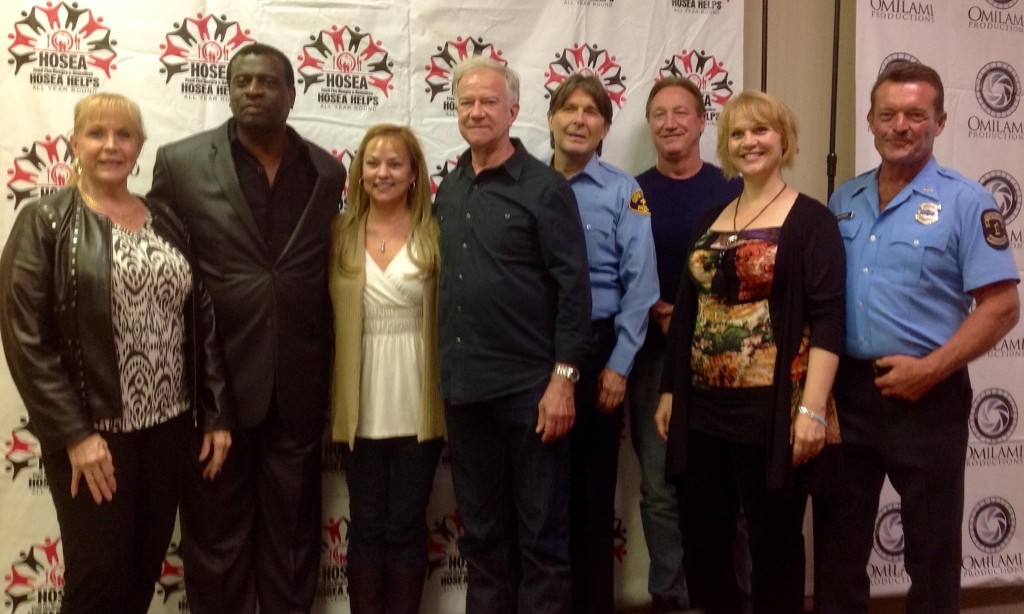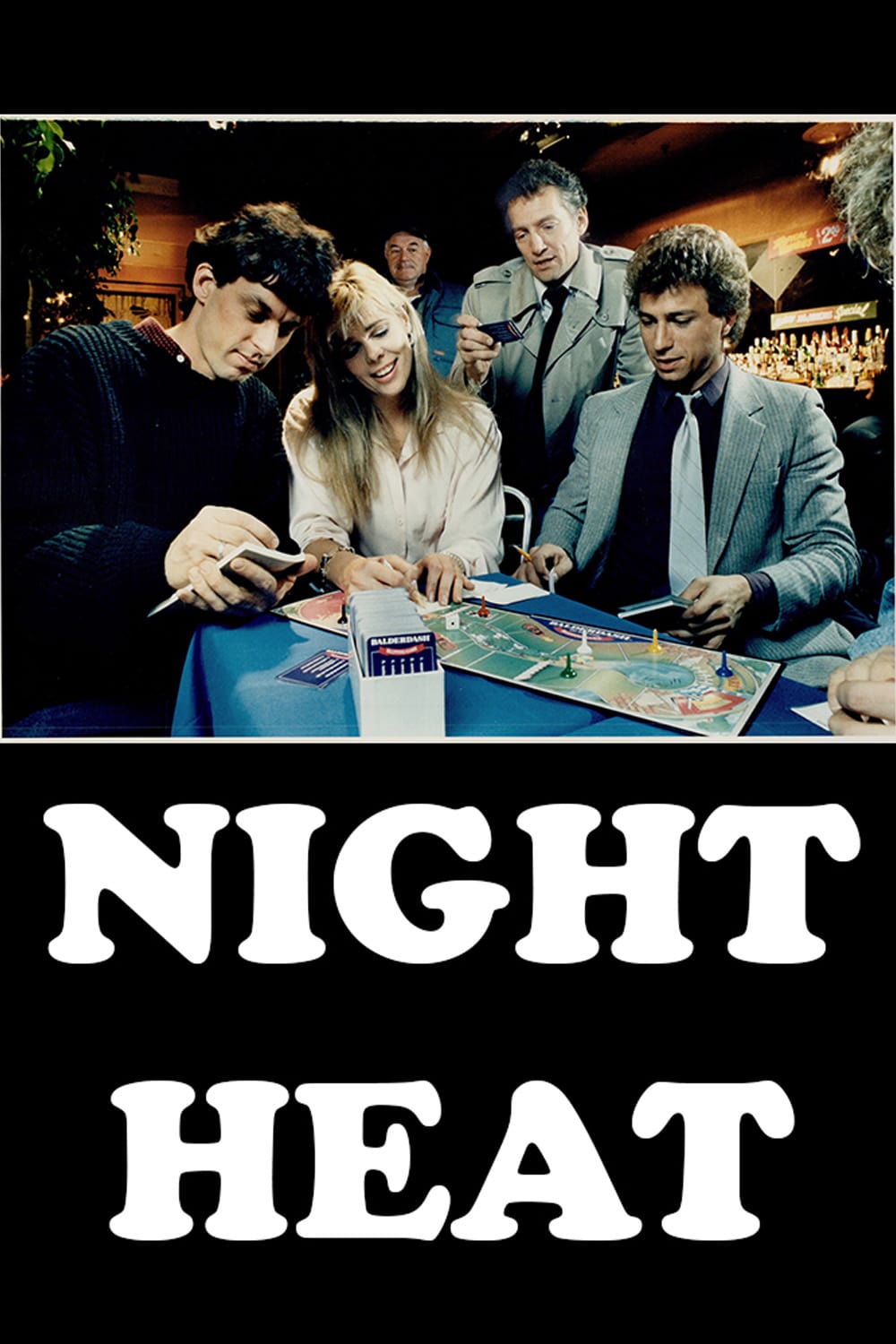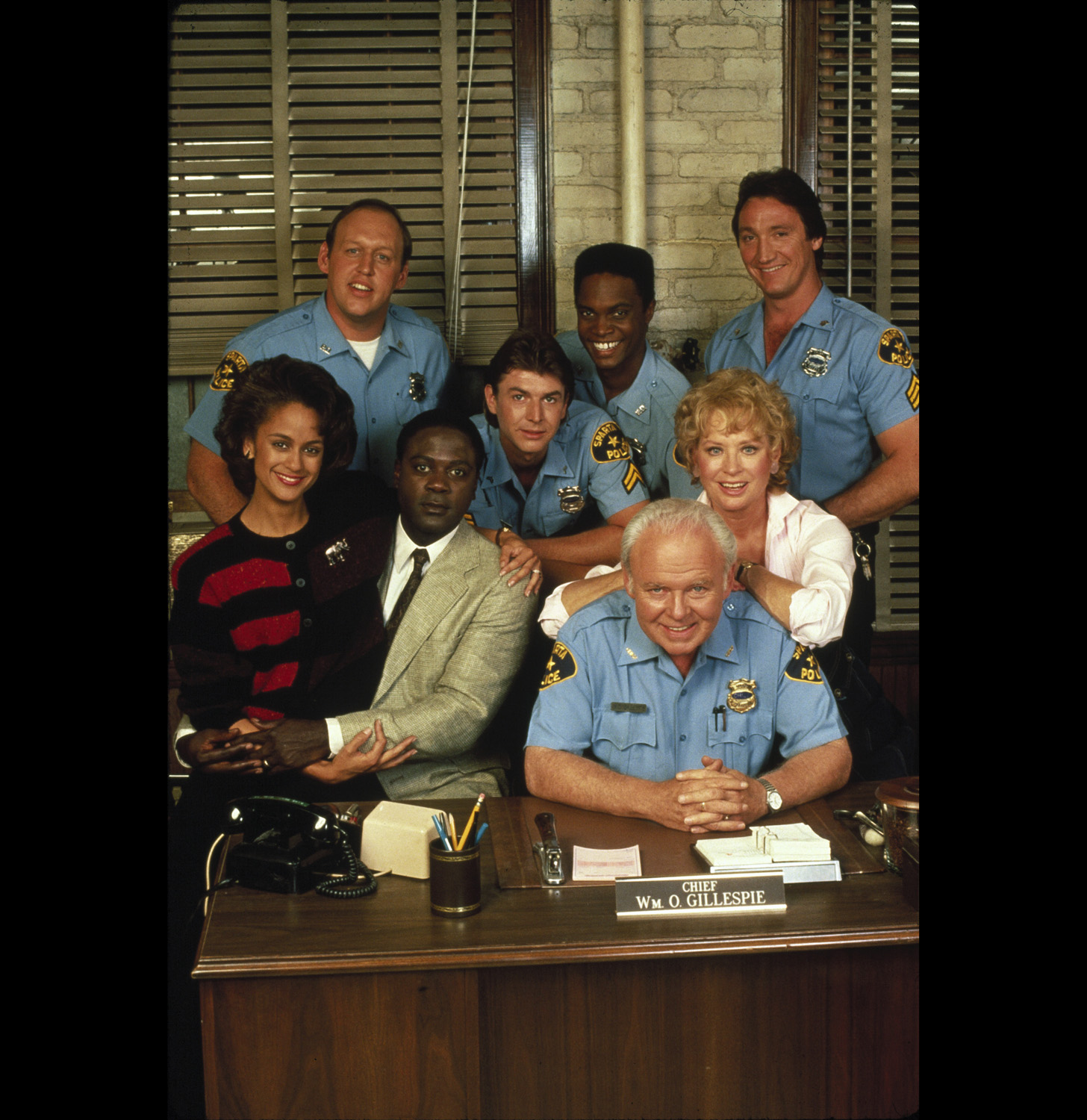The Lasting Legacy Of "In The Heat Of The Night": A Cultural Touchstone In Television History
Television series have long been a medium for both entertainment and social commentary. Among these, "In the Heat of the Night" stands as a beacon of cultural significance. This crime drama, airing from 1967 to 1995, was more than just a show; it was a reflection of the times, a mirror to societal tensions, and a platform for addressing racial dynamics in the American South. The series, based on John Ball's novel, became a masterclass in storytelling, fearlessly tackling themes of racism, justice, and morality. It not only captivated audiences but also ignited crucial conversations about the fabric of society.
At the heart of "In the Heat of the Night" was its phenomenal cast, a microcosm of the society it portrayed. The actors delivered performances that resonated deeply with viewers, leaving an undeniable imprint on the history of television. The series was a cultural touchstone, and its impact continues to be felt today. This article delves into the heart of the series, exploring the remarkable individuals who brought its characters to life and examining the enduring legacy of this television masterpiece.
| Cast Member | Role | Years Active | Notable Works | Website Reference |
|---|---|---|---|---|
| Sidney Poitier | Virgil Tibbs | 1946 - Present | Guess Who's Coming to Dinner, Lilies of the Field | Biography |
| Carroll O'Connor | Chief Bill Gillespie | 1956 - 2001 | All in the Family, In the Heat of the Night | IMDb |
| Howard Rollins | Virgil Tibbs (later seasons) | 1978 - 1996 | Ragtime, A Soldier's Play | TCM |
| Anne-Marie Johnson | Officer Althea Tibbs | 1985 - 1995 | In the Heat of the Night, The Cosby Show | IMDb |
| David Hart | Det. Harry Klein | 1988 - 1995 | In the Heat of the Night, The Last Dragon | IMDb |
Sidney Poitier's portrayal of Virgil Tibbs was a cornerstone of "In the Heat of the Night." His character, a brilliant detective, became a symbol of resilience and strength. Poitier's performance was a continuation of his career-long commitment to portraying strong, dignified African-American characters. His ability to convey profound emotions made Tibbs a character that viewers could connect with and admire. The role showcased his incredible range, seamlessly blending the challenges faced by his character with moments of humor and humanity. Poitier's presence elevated the series, making him one of its most compelling and unforgettable figures. The character of Virgil Tibbs challenged societal norms and inspired generations to question the status quo.
- Lemon Party What Is It Where Did It Come From
- Gabriel Iglesias Relationship Status Personal Life Insights
Carroll O'Connor's portrayal of Chief Bill Gillespie added depth and complexity to the series. Initially presented as a prejudiced Southern police chief, Gillespie's transformation throughout the series reflected the shifting attitudes and societal adjustments of the time. O'Connor's performance was nothing short of remarkable, showcasing a range of emotions from the initial biases to the slow but steady evolution of acceptance and understanding. His blend of humor and gravitas made Gillespie a character loved by fans. His on-screen chemistry with Poitier was a driving force behind the show's narrative, creating a compelling dynamic that captured audiences. The heart of the show, the very core of the storytelling, and what made "In the Heat of the Night" so special was this evolving relationship.
The supporting cast added layers to the narrative, enriching the storylines with their performances. Howard Rollins, who took on the role of Tibbs in the later seasons, brought his own unique interpretation to the character. Anne-Marie Johnson, portraying Officer Althea Tibbs, added a strong female presence, addressing issues of equality and justice. David Hart, as Detective Harry Klein, provided both comedic relief and dealt with serious issues. Together, they formed a tapestry of characters that resonated with audiences, each contributing to the show's depth and complexity.
"In the Heat of the Night" left an indelible mark on television by addressing the social issues of its time with unprecedented candor and clarity. The series fearlessly tackled issues of racism, justice, and morality, becoming a platform for conversations on sensitive topics, opening up channels for critical dialogue. Moreover, the show's success served as an indicator of the importance of representation in media. The presence of a predominantly Black cast, coupled with the exploration of the complexities of the African-American experience, demonstrated that diverse voices and narratives could not only be presented but also celebrated and embraced by a broad audience.
- Asa Blanton Isu Controversy Racist Comments Spark Outrage
- Lane Bryant Careers Your Path To A Rewarding Future Awaits
The impact of "In the Heat of the Night" extends beyond its original run. The series has left a lasting legacy, inspiring generations of writers and filmmakers. Its enduring exploration of race and justice in America remains relevant today. The characters and narratives of the show continue to be a source of inspiration, and its memorable scenes and quotes are referenced in various forms of media. The relationship between Tibbs and Gillespie remains a powerful symbol of friendship that transcends racial divides.
During its run, "In the Heat of the Night" was recognized with numerous awards and nominations, including several Primetime Emmy Awards. This recognition was a testament to the series' ability to combine entertainment with meaningful social commentary, garnering both critical acclaim and widespread audience approval. The show's success was not just about ratings; it was about its ability to engage audiences in discussions about the pressing issues of the time.
The legacy of "In the Heat of the Night" continues to resonate today. The show's characters and narratives have become a blueprint for how to address complex social issues through the power of storytelling. It has influenced the industry, setting a standard for inclusive storytelling and representation. The series has also left an indelible mark on popular culture, with its memorable scenes and quotes referenced in various forms of media. The relationship between Tibbs and Gillespie remains a powerful symbol of friendship that transcends racial divides.
In the broader context of television history, "In the Heat of the Night" stands alongside other groundbreaking series that have shaped the medium. It shares a legacy with shows like "All in the Family," "Roots," and "The Cosby Show," each of which challenged societal norms and inspired change. The series has also influenced contemporary storytelling, with its themes and characters echoing in modern productions. The impact of "In the Heat of the Night" extends beyond the screen, inspiring discussions and actions in real life.
The cast of "In the Heat of the Night" played a critical role in creating a series that entertained and also sparked important discussions about race and justice. Through their exceptional performances, the actors brought to life complex characters that resonated with viewers. The show was more than just entertainment; it was a social commentary that inspired audiences to think critically about the issues of race and justice in America. As we reflect on the contributions of the "In the Heat of the Night" cast, it is important to recognize the importance of representation and storytelling in shaping societal views. Their legacy is a reminder of how the arts can be used to create positive change. Their work continues to inspire and challenge us today.
- Dwight Howard Kids Wives Family Life Get The Inside Scoop
- Breaking Treasury Official Quits Amid Musk Payment System Dispute

TV's classic "In the Heat of the Night" cast gathers for 2015 Heat

Night Heat (TV Series 1985 1989)

‘In The Heat of the Night’ American Profile